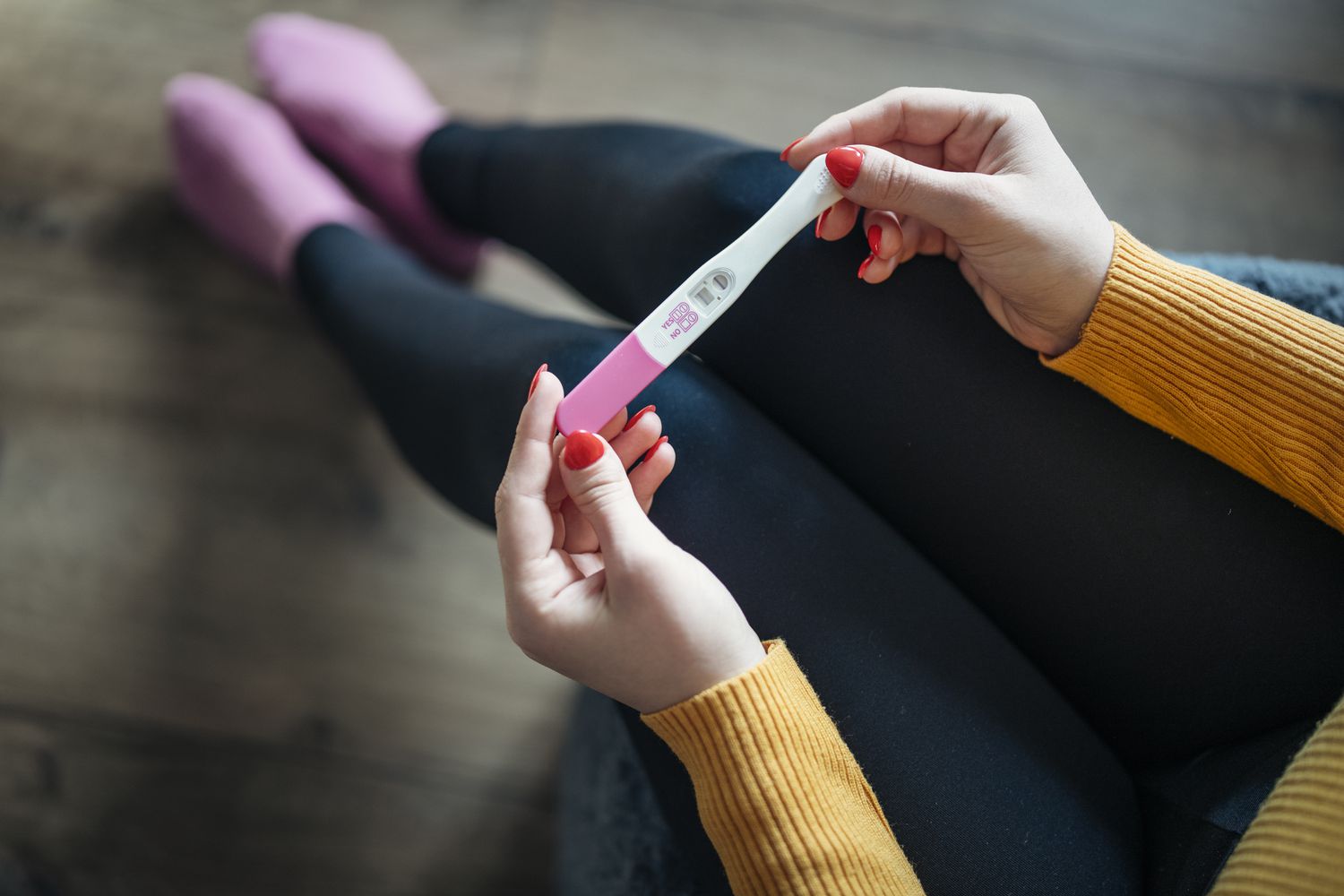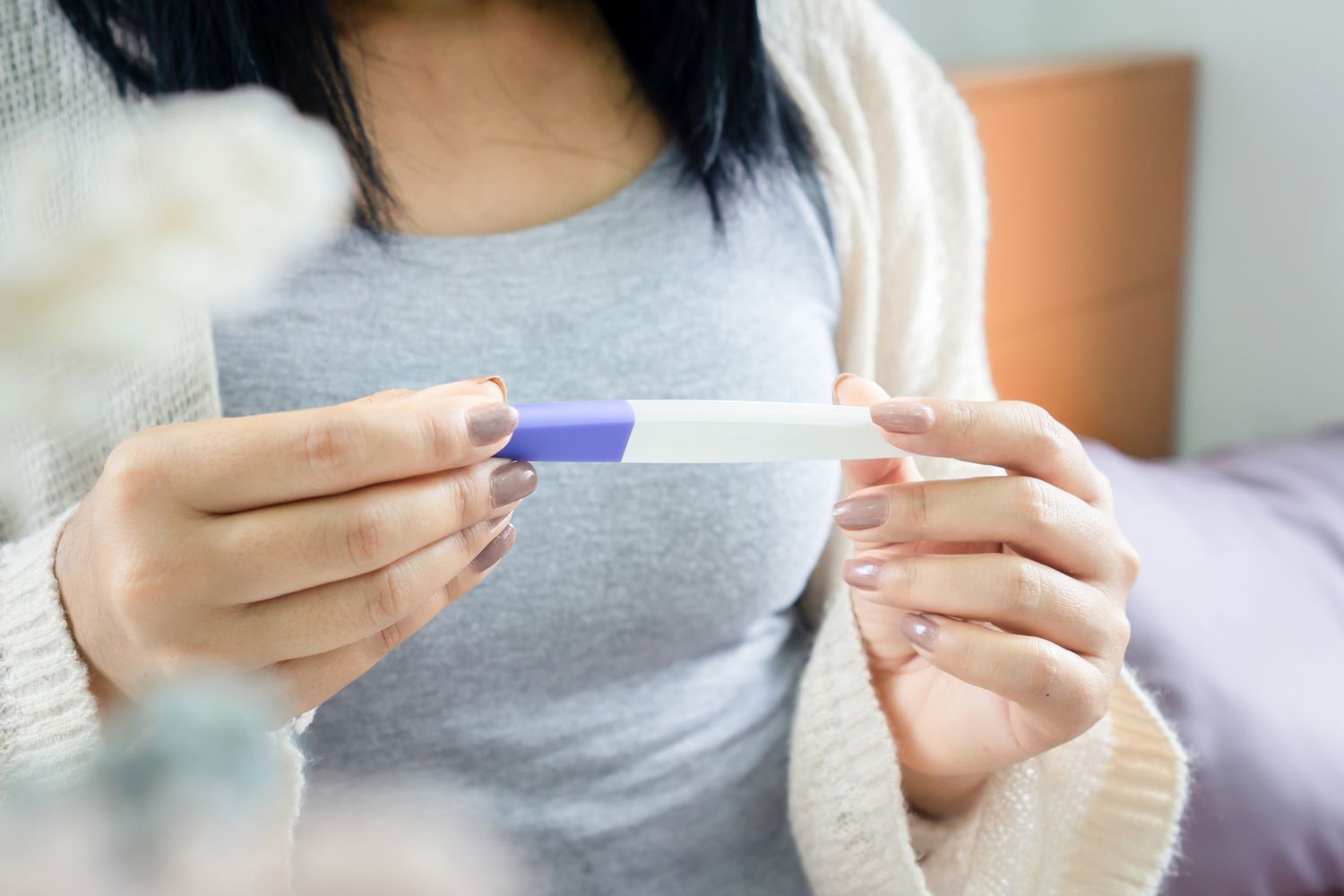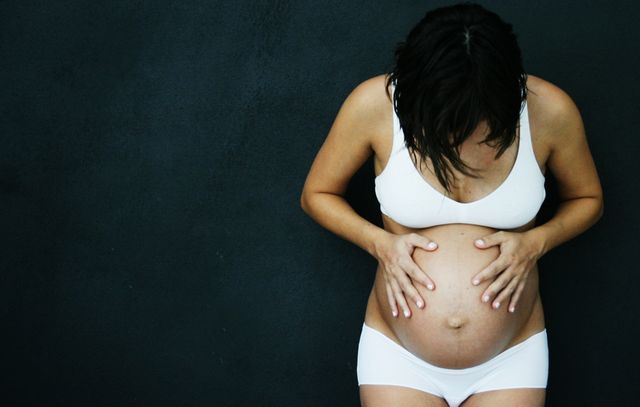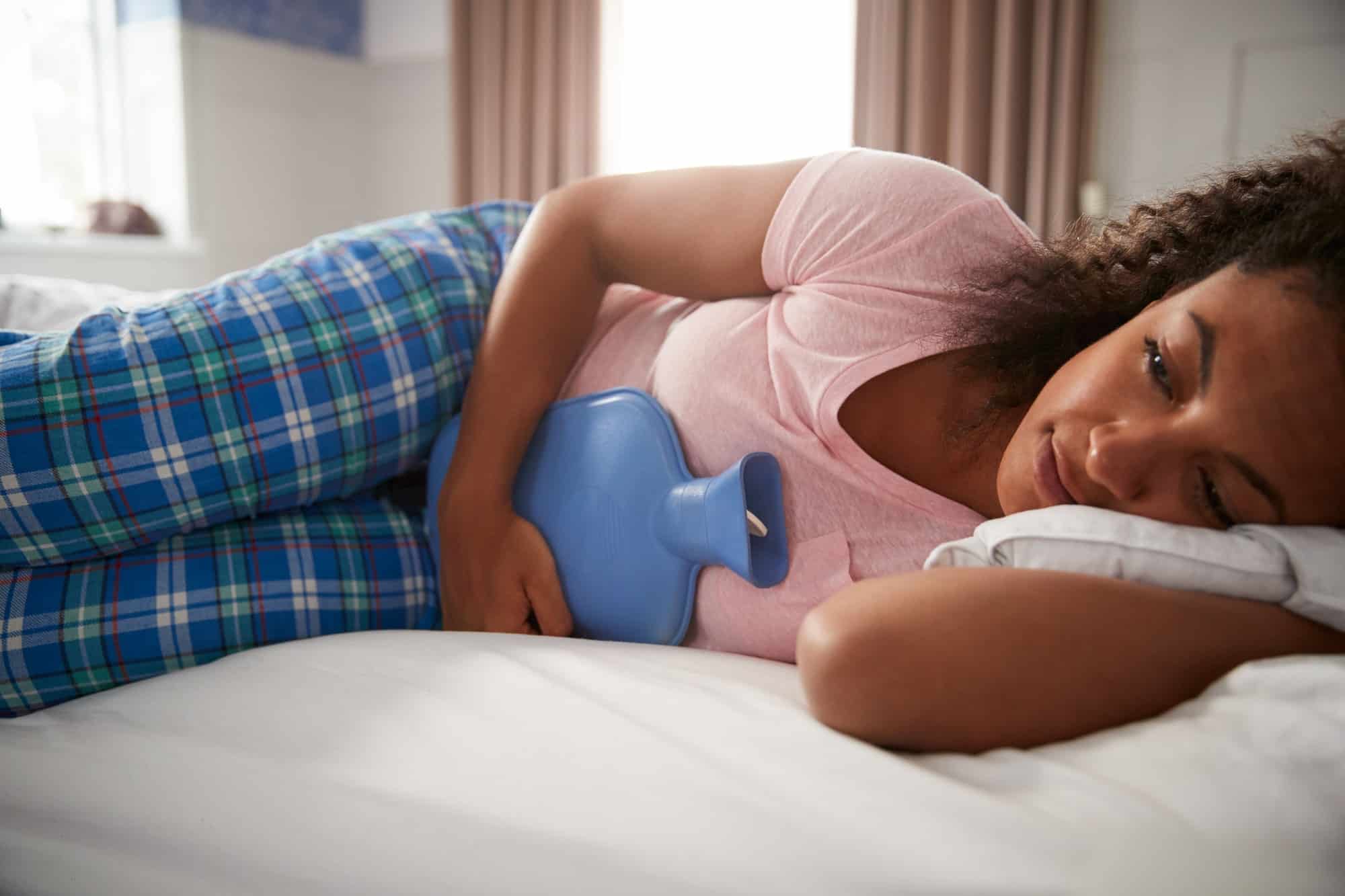It’s a common misconception that having sex while on your period means you cannot get pregnant. Some believe that the uterus is unable to support a pregnancy during menstruation or that the hormone changes make conception unlikely. However, while ovulation typically occurs about two weeks before your next expected period, it is possible in some cases for a woman to ovulate earlier or later. If ovulation occurs close to your period and you have recently had unprotected sex, there is a chance sperm could still be present and survive long enough to fertilize an egg. This blog post finds out the chances and risks of becoming pregnant during your period and debunks myths about menstruation’s impact on fertility.

Contents
Can You Get Pregnant On Your Period?
Yes, it is possible to get pregnant during your period, although the chances are relatively lower compared to other times in your menstrual cycle. This possibility depends on several factors, including the length of your menstrual cycle, the duration of your period, and the timing of ovulation.
Factors Influencing Pregnancy During Periods:

-
Short Menstrual Cycles: If you have a shorter menstrual cycle (e.g., 21 days), ovulation could occur soon after your period ends. Sperm can live inside the female reproductive tract for up to 5 days. If you have unprotected sex towards the end of your period, sperm could still be viable when ovulation occurs.
-
Long Periods: For women who have longer periods (lasting more than 7 days), the window between the end of menstruation and ovulation is shorter. This increases the likelihood of sperm surviving until ovulation.
-
Irregular Cycles: If your cycles are irregular, predicting ovulation can be difficult. Ovulation might happen earlier than expected, increasing the chances of pregnancy during or right after your period.
-
Spotting Misinterpreted as a Period: Sometimes, spotting or light bleeding occurs around the time of ovulation and might be mistaken for a period. Sexual intercourse during this time could result in pregnancy.
Can You Get Pregnant Right After Your Period?
The answer depends on various factors that impact ovulation and fertility. Here’s what you need to know:

- Timing Is Key: Ovulation typically occurs between day 12 and day 21 of a regular menstrual cycle. If you engage in unprotected intercourse right after your period ends, you might be closer to ovulation than you think.
- Short Cycles and Fertility: Women with short menstrual cycles and extended bleeding periods have a higher chance of getting pregnant right after their period. In such cases, ovulation could align closely with the end of menstruation, increasing the likelihood of conception.
- Fertile Window: Your fertile window begins a few days before ovulation and lasts until the day of ovulation. If you have sex during this period, sperm can survive long enough to fertilize the egg when it’s released.
- Exception to the Rule: While it’s less common, if you have a very short cycle, bleed until day seven, and ovulate shortly after, it is possible to get pregnant right after your period ends.
- Individual Variations: Each woman’s cycle is unique, and factors like cycle length, ovulation timing, and sperm longevity can influence the chances of conception after menstruation.
Can You Get Pregnant Right Before Your Period?
Getting pregnant right before your period is generally unlikely, but not impossible, depending on various factors related to your menstrual cycle and the timing of ovulation. The key to understanding this possibility lies in knowing how ovulation and the fertile window affect your chances of conception.

Ovulation and the Fertile Window
- Ovulation typically occurs about 14 days before your next period starts, in a regular menstrual cycle lasting 28 days. However, cycles can vary greatly from person to person and even month to month.
- The fertile window is the time when you are most likely to get pregnant, which includes the day of ovulation and the five days before it, considering that sperm can live inside the female reproductive tract for up to 5 days.
Understanding Your Cycle
To accurately assess your risk of pregnancy at any point in your cycle, it’s essential to understand your own menstrual pattern:
- Track Your Cycle: Keep a record of your menstrual cycle lengths over several months.
- Monitor Ovulation: Use methods like ovulation predictor kits, basal body temperature tracking, or cervical mucus observation to identify when you are ovulating.
Frequently Asked Questions
Can you get pregnant immediately after your period ends?
Yes, it is possible for some women to get pregnant immediately after their period ends, especially if they have short cycles or irregular menstruation patterns. Timing is crucial, as sperm can survive in the body for up to 72 hours after ejaculation, overlapping with the fertile window right after menstruation.
How does cycle length affect the chances of conceiving after a period?
Women with shorter cycles may have a higher chance of getting pregnant right after their period compared to those with longer cycles. Understanding your individual cycle length, ovulation timing, and fertility patterns is essential for predicting the optimal times for conception.
Is contraception necessary if trying to avoid pregnancy right after menstruation?
Yes, using contraception is still important if you are trying to prevent pregnancy immediately after your period. While the likelihood of conception during this time may be lower for some women, it is not a guaranteed safe period. Practicing safe sex and using contraceptives consistently is recommended to avoid unintended pregnancies.
I am a medical student with experience and interest in Women’s health and well-being.